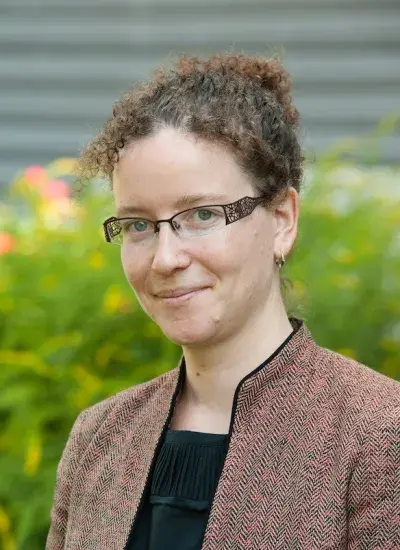Who is in the Crowd? Characterizing the Capabilities of Prize Competition Competitors

Speaker
Zoe Szajnfarber
Associate Professor of Engineering Management and Systems Engineering and of International Affairs, The George Washington University
When
-
Where
Newell-Simon Hall 1305 (Michael Mauldin Auditorium)
Video
Video link
Description
This seminar presents findings from a recent field experiment designed to characterize who in the crowd is willing and able to solve complex engineering design problems for the prospect of a prize. Contrary to popular skepticism, we find that the crowd is highly capable of not only providing quality point solutions but also contributing valuable engineering insight. However, although a diverse population of more than 9000 registrants showed initial interest in the competitions, of the 255 judgeable solutions received, the majority of good solutions came from solvers with prior in-discipline experience. Of those, more of the best solutions came from solvers who perceived the relevant problem as “at the boundary” of their expertise. This suggests that while complex engineering design problems do require some threshold of relevant training and skills, prize competitions still play an important role in attracting solvers who perceive themselves to be adjacent to the problem. Further, the submissions revealed a role for solvers in the crowd in augmenting traditional concept generation and tradespace exploration processes, by leveraging the independence of solvers in the crowd. These findings contribute an empirical basis for resolving how and when the crowd can be used most effectively, as part of an innovation toolkit.
Speaker's Bio
Prof. Zoe Szajnfarber is an Associate Professor of Engineering Management and Systems Engineering and of International Affairs at the George Washington University. Her research focuses on design and innovation management in complex systems, with particular emphasis on how the organizational and technical systems architectures interact, and affect engineering work, during the design and development process. She has spent most of her career studying the aerospace and defense sector, from traditional acquisition programs to open innovation contests. Szajnfarber received her bachelor's degree in Engineering Science from the University of Toronto and conducted her graduate work at the Massachusetts Institute of Technology. There she earned dual masters' degrees in Aeronautics & Astronautics and Technology Policy and a doctorate in Engineering Systems. Outside of academia, Dr. Szajnfarber has worked as a systems engineer at MDA Space Missions (Canadarm Program) and Dynacon Inc. (Microsatellites); and as a researcher at the European Space Agency (Advanced Concepts Team) and NASA (studying multiple centers).
Speaker's Website
http://www.seas.gwu.edu/~zszajnfa
Host
Niki Kittur

